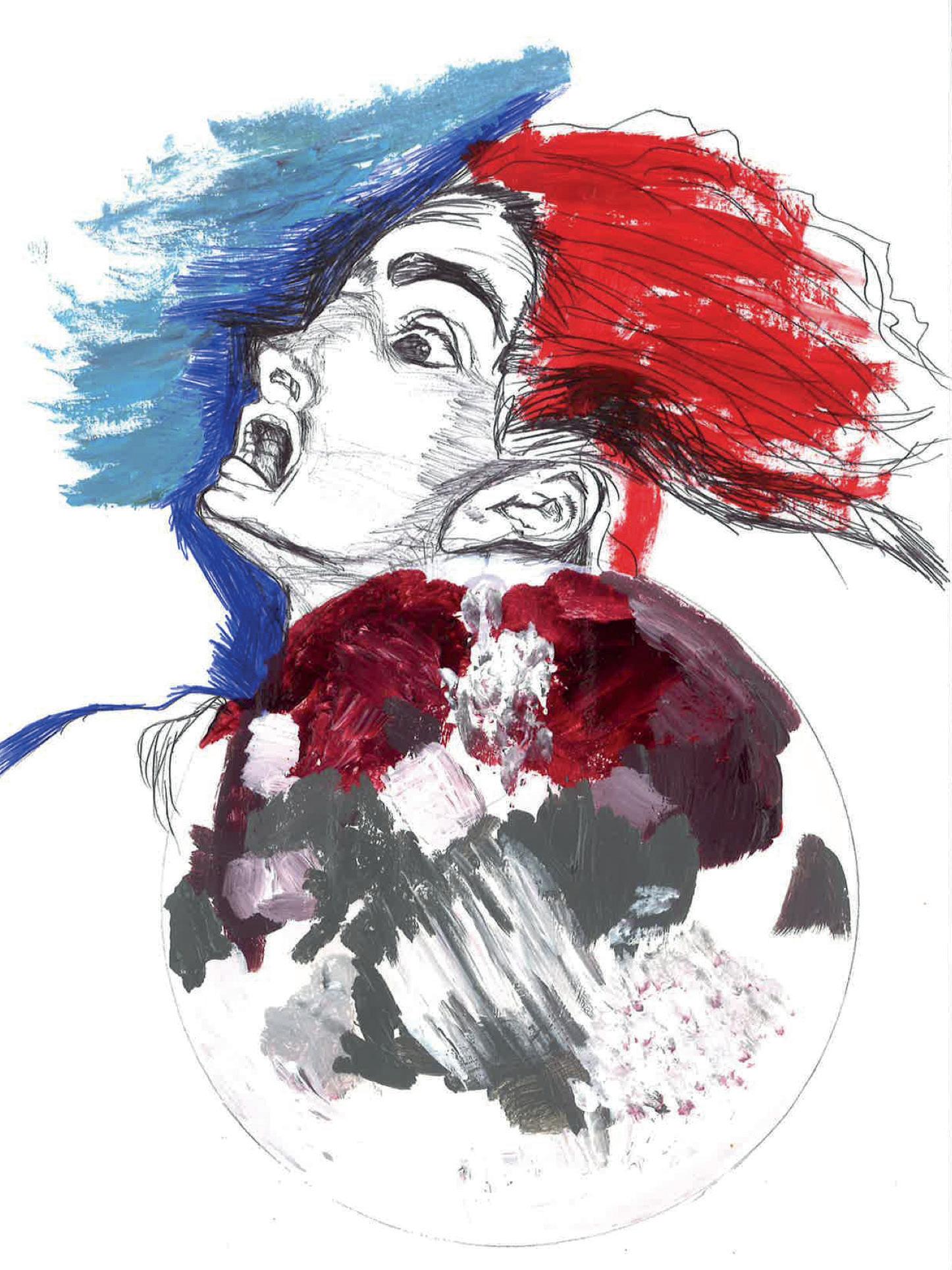ENGLISH dramatic solution he proposes. The catastrophic ending of the novel might also be defined prophetic, as it foretells the invention of the atomic weapon, or the more dystopian doomsday device.
Zeno’s Conscience translated by Francesca Corsetti
Life looks like sickness as it proceeds by crises and lysis, and has daily improvements and worsenings. Unlike other diseases, life is always fatal. It cannot bear treatments. It would be like filling the holes we have in the body, believing them to be wounds. We would die strangled the moment we are healed. The present life is corrupt from its roots. Man has put himself in place of trees and beasts and has polluted the air, and impeded free space. Worse it might be. The wretched but active animal might discover other forces and put them at his own service. There is a threat of this kind in the air. A great wealth will follow‌in the number of men. Each square metre will be filled by men. Who will heal us from the lack of air and space? The mere thought makes me suffocate! But it is not this, not merely this. Any effort to give us health is vain. This cannot belong but to the beast that knows only one progress: the one of its organism. Once the swallow realised that there was no other way out than migration, it developed the muscle that moves its wings, and which became the most sizable part of its body. The mole buried itself, and the whole of its body adapted to its need. The horse enlarged itself and modified its foot. Some animals’ progress is unknown, but there must have been one which has not damaged their health. Yet, the bespectacled man devises contraptions out of his body and if there was any health or nobleness in those who invented them, it is almost always missing in those who use them. Those devices can be bought, sold, and stolen, and man becomes increasingly cunning and weak. Actually, you can tell that their shrewdness grows proportionately to their weakness.
13














